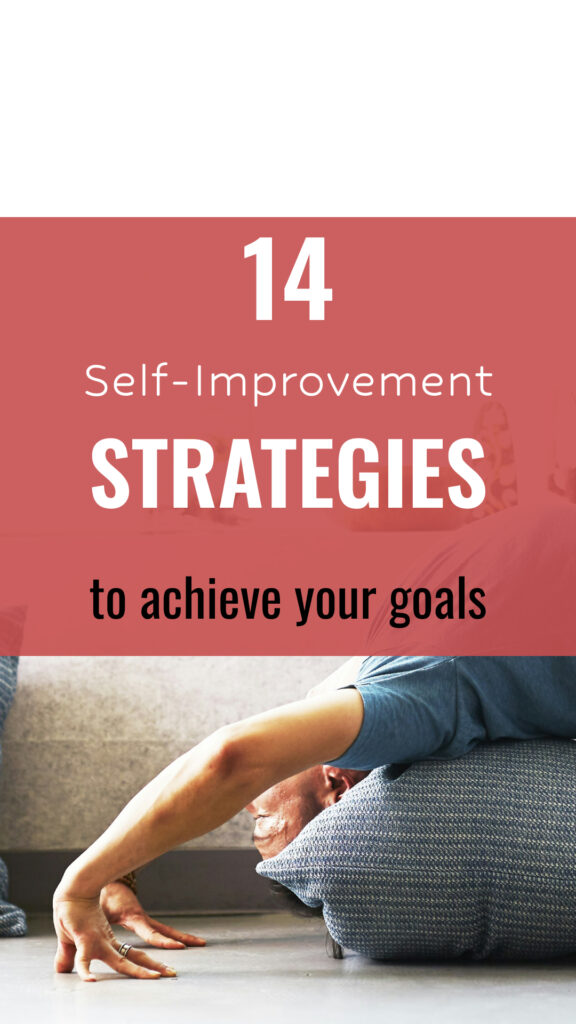
1. Set Specific Goals
Setting specific goals gives you a clear direction and something to strive for. Instead of vague goals like “be healthier,” aim for concrete targets such as “exercise three times a week” or “eat five servings of vegetables daily.” Clear goals help you stay focused and motivated.
2. Create a Morning Routine

A consistent morning routine sets a positive tone for the rest of your day. Incorporate activities that energize and inspire you, such as exercise, meditation, reading, or journaling. A well-structured morning routine can boost your productivity and improve your overall mood.
3. Develop Healthy Habits
Healthy habits form the foundation of a better you. Focus on small, manageable changes like drinking more water, getting enough sleep, and incorporating physical activity into your daily routine. Over time, these habits will significantly improve your well-being.
4. Learn Something New Every Day
Commit to learning something new every day to keep your mind sharp and engaged. This could be as simple as reading an article, listening to a podcast, or trying a new hobby. Continuous learning expands your knowledge and keeps you open to new opportunities.
5. Practice Gratitude
Gratitude shifts your focus from what you lack to what you have. Start a gratitude journal and write down three things you’re thankful for each day. Practicing gratitude regularly can enhance your mood and promote a positive outlook on life.
6. Manage Your Time Wisely

Effective time management is crucial for achieving your goals. Prioritize your tasks, set deadlines, and avoid procrastination. Use tools like planners, calendars, and to-do lists to stay organized and make the most of your time.
7. Take Care of Your Physical Health
Your physical health directly impacts your overall well-being. Engage in regular exercise, eat a balanced diet, and ensure you get adequate sleep. Taking care of your body helps you feel more energetic and capable of tackling daily challenges.
8. Cultivate Positive Relationships
Surround yourself with supportive and positive people. Build and maintain relationships that uplift and inspire you. Positive social connections enhance your emotional well-being and provide a strong support network.
9. Practice Mindfulness and Meditation
Mindfulness and meditation help you stay present and reduce stress. Set aside time each day to practice these techniques. They can improve your focus, increase self-awareness, and promote a sense of inner peace.
10. Embrace Challenges
Challenges are opportunities for growth. Instead of avoiding difficult situations, face them head-on. Each challenge you overcome builds resilience and confidence, helping you grow into a stronger, more capable person.
11. Seek Feedback and Act on It
Constructive feedback is a valuable tool for self-improvement. Seek feedback from trusted sources and use it to identify areas for growth. Be open to criticism and willing to make necessary changes to improve yourself.
12. Balance Work and Leisure
Achieving a healthy work-life balance is essential for long-term well-being. Make time for hobbies, relaxation, and spending time with loved ones. Balancing work and leisure prevents burnout and keeps you motivated.
13. Stay Organized

Organization reduces stress and increases efficiency. Keep your living and working spaces tidy, and develop systems to manage your tasks and responsibilities. Staying organized helps you feel in control and focused.
14. Reflect on Your Progress
Regularly take time to reflect on your progress and celebrate your achievements. Assess what’s working, what needs improvement, and adjust your strategies accordingly. Reflection helps you stay on track and motivated in your self-improvement journey.
